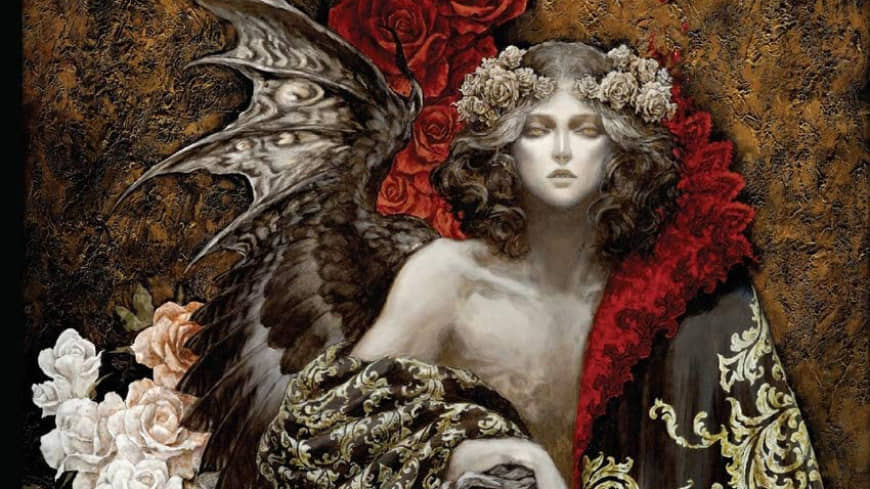The yellow face. By Conan Doyle.09:27 Apr 04 2023
Times Read: 147

I refuse to describe as "gothic" the novels starring by Sherlock Holmes, the detective created, as you know, by Sir Arthur Conan Doyle, because always, in the story denouement, there is a rational explanation that eliminates any hint of mystery, paradox or supernatural question.
In my "gothic literature course" we have always had this debate about another of the great detective's masterpieces: "The Hound of the Baskervilles". The discussion among the students is always the following: can we classify as "gothic" a novel where we are missing the supernatural element (like a vampire, a ghost, a spirit, a zombie, a demon or the holy guardian angel?) At the beginning, we would say "no" but, if so, and being honest, no roman could be qualified as "gothic" but, at most, science fiction. I also remark that Gothic literature experts speak of a variety of characteristics to be fulfilled by a Gothic novel, and not all of them are necessary at the same time but only most of them. And, in any case, if there is one characteristic that cannot be missing is the "uncanny", a term that, in English literature, means a disturbing and chilling atmosphere that causes in the reader of the novel (or viewer of the film) a certain feeling of uneasiness. Therefore, "The Hound of the Baskervilles" would be a gothic narrative, if only for the sensation caused by the walk on the moor, the mystery or the initial belief of the protagonists that there was something supernatural, although at the end it's proved otherwise.
Well, with the same argument, I wish to analyze another of Conan Doyle's stories, contained in volume 4 of "The Canon of Sherlock Holmes": "The Yellow Face". The story begins as usual in short stories: Watson and Sherlock, pipe in hand, both sitting in front of the fireplace, and with a scotch whiskey, talk about this story in retrospect.
Once upon a time they both went to a certain house in the country, called by a jealous and restless husband because his wife "is no longer the same". The hitherto loving wife has become nervous, worried, restless and even gets up in the middle of the night, believing him to be asleep, and leaves the house to go.... God knows where! One day, he follows her at night, and sees that she is going, crossing the countryside, to a cottage, on the second floor of which a yellow face appears through the window and looks at him. And, up to this point, that's all I can tell, encouraging the reader to look up and read the narrative.
Overall, I think the argument about the "gothicness" of the novel is the same as stated above. Initially there seems to be a supernatural element (we'll see what happens in the end), the story unfolds not in a castle or abbey, but in a cottage, one of those wonderful cottages you can meet at the UK with two floors plus attic.
But not only that; there are also other defining notes: complications in the family lines; the story unfolds in a chilling environment, nothing less than the English moors with fog and night sounds; in short, a delight. But, above all, and if you're a bit sensitive, you'll feel the warmth that runs down your back and makes you throw your jacket over your shoulders. Uncanny we call it.
Making clear the gothic nature of the story, (always in my personal opinion), I take the opportunity to comment on the tremendous effort that is costing me the complete reading of the Canon of Sherlock Holmes. I was complaining about Lovecraft but Conan Doyle, well, what can I say, is not far behind either.
Happy reading.





COMMENTS
-
OccultRanger
14:25 Apr 04 2023
Not one to feel comfortable mingling in academic circles as it's hard for me to downshift from my state of mind that crystalized at this time in the turning. But I enjoy the classics at times. I wonder what authors in this time will be studied a few hundred years from now as the classics.
vormel
15:18 Apr 04 2023
That's right. I must say I like sir Arthur Conan Doyle in his controversial aspect (so rationalist but so spiritual), specially since I discovered his "History of Spiritism". I like classics and, it's hard to tell, if we wish to have a good gothic culture, we must read classics, and goth clasics (The Castle of Otranto and rest...) Thank you!!!